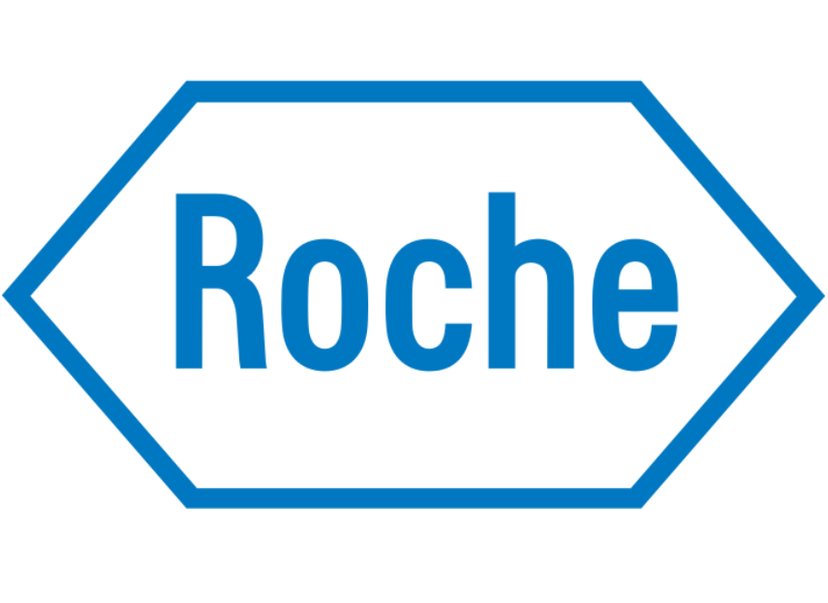Roche provides update on Phase III OCREVUS high dose study in people with relapsing multiple sclerosis
17 Apr 2025
Roche has provided an update on Phase III OCREVUS high dose study in people with relapsing multiple sclerosis
Roche announced that the Phase III MUSETTE trial comparing a high dose of OCREVUS® (ocrelizumab) intravenous (IV) infusion to the currently approved OCREVUS IV 600 mg dose in people with relapsing multiple sclerosis (RMS) did not meet its primary endpoint in showing additional benefit in slowing disability progression, as measured by a composite disability endpoint over a period of at least 120 weeks of treatment. The rates of disability progression were low and consistent with rates observed in the previous pivotal studies of OCREVUS IV 600 mg. In addition, in several predefined analyses on disease activity, OCREVUS IV 600 mg showed clinically meaningful results with the lowest annualised relapse rate (ARR) observed during the double-blind period of a Phase III study in RMS. The MUSETTE data further support the efficacy and safety profile of the currently approved OCREVUS IV 600 mg dose for RMS.
“OCREVUS is the first and only B-cell therapy approved for RMS and PPMS and after more than ten years of treatment, the majority of people with RMS remain free from disease progression,” said Levi Garraway, M.D., Ph.D., Roche’s Chief Medical Officer and Head of Global Product Development. “These findings reaffirm that the current OCREVUS IV 600 mg is optimally dosed to significantly slow disability progression. Moreover, in several predefined analyses on disease activity, OCREVUS showed clinically meaningful results on relapses with a relapse occurring approximately once every 16 years, a first for an anti-CD20 RMS medicine.’’
Since its launch, OCREVUS has set a new standard of care in MS and is the most prescribed disease modifying therapy in the United States with more than 400,000 people treated globally. With the recent launch of OCREVUS subcutaneous formulation we aim to improve the treatment experience for people living with multiple sclerosis and expand OCREVUS usage in centres without IV infrastructure or those with IV capacity limitations. In addition, we are developing a novel high concentration formulation for even more convenient on-body device delivery to bring OCREVUS treatment closer to home.
In addition to OCREVUS, Roche has a diverse and promising pipeline of formulations and targets, such as Brainshuttle™ CD20 and a monoacylglycerol lipase (MAGL) inhibitor in early-stage development and Bruton’s tyrosine kinase (BTK) inhibitor fenebrutinib in Phase III studies for both RMS and primary progressive multiple sclerosis (PPMS).
Full data from MUSETTE will be presented at an upcoming medical meeting.
About the MUSETTE study
MUSETTE (NCT04544436) is a Phase III randomised, double-blind, controlled, parallel-group, multicentre trial to evaluate the efficacy, safety and pharmacokinetics of a high dose of OCREVUS intravenous (IV) infusion (1,200 mg for patients <75 kg or 1,800 mg for patients ≥75 kg) in adult patients with relapsing multiple sclerosis (RMS) compared with the currently approved OCREVUS IV 600 mg dose. Patients received treatment with OCREVUS high dose or IV 600 mg every 24 weeks for a minimum of 120 weeks.
The primary endpoint was the time to first onset of 12-week composite confirmed disability progression (cCDP), defined as any of the following events sustained for 12 weeks: an increase of ≥1.0 point from the baseline Expanded Disability Status Scale (EDSS) score if the baseline EDSS score was ≤5.5 or an increase of ≥0.5 points if the baseline EDSS score was >5.5; a ≥20% increase in time to perform the timed 25-foot walk (T25FW); a ≥20% increase in time to perform the nine-hole peg test (9HPT).
